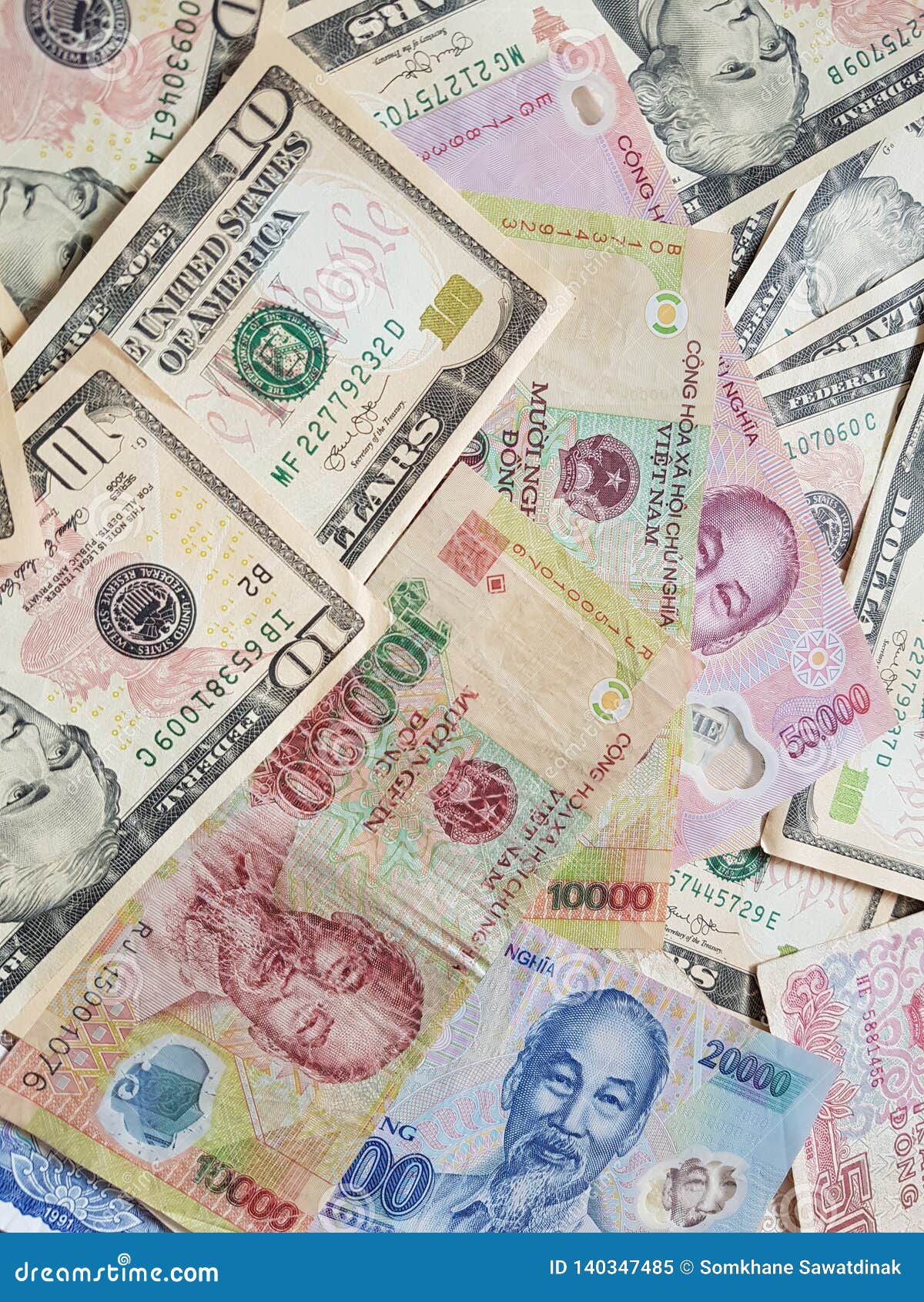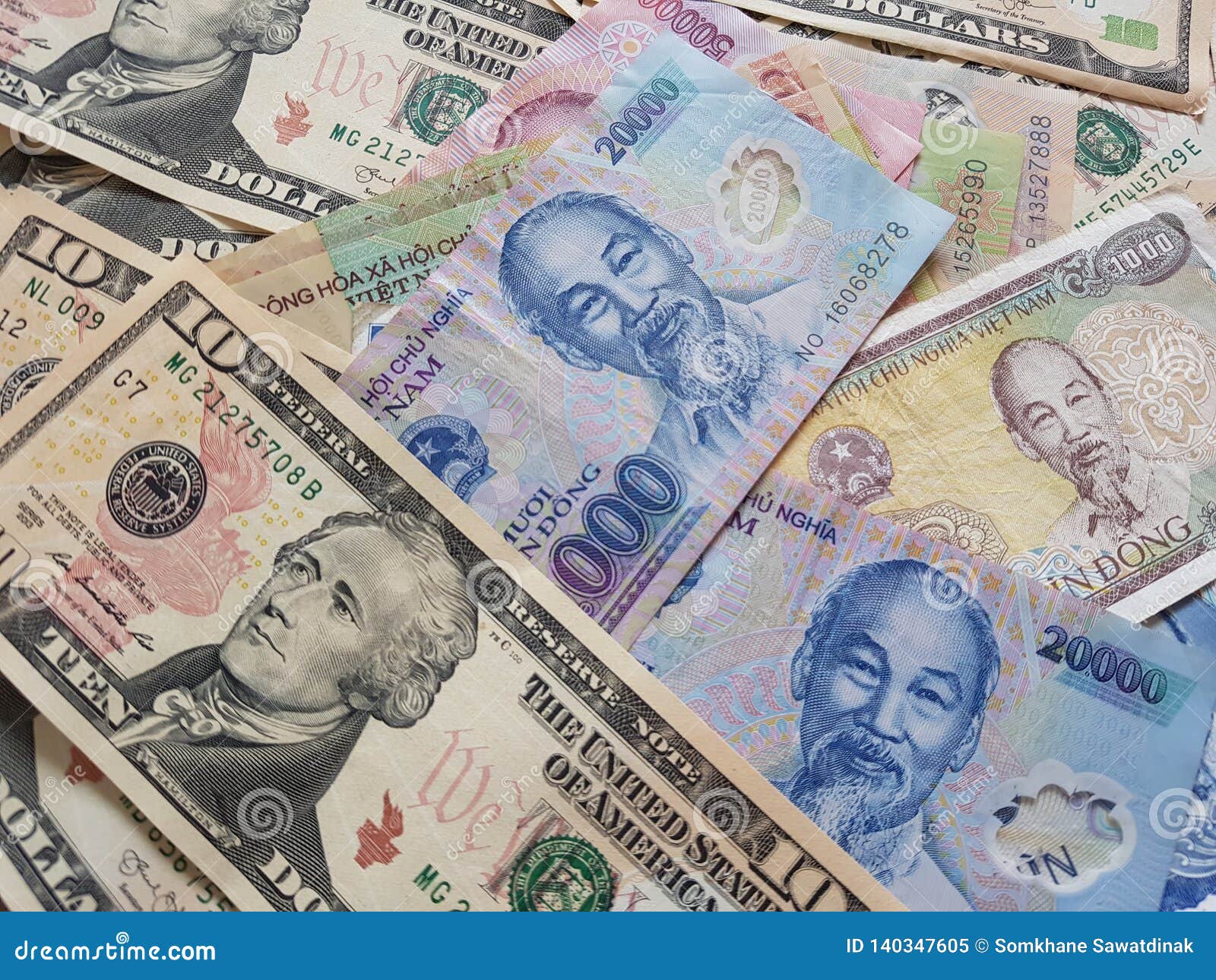
Spring is a great time to travel in Saigon, Mekong Delta, Hoi An and Hanoi, and Halong Bay. Only travel with reputable or recommended companies. However, dodgy taxis with go-fast meters do roam the streets of Hanoi and HCMC they often hang around bus terminals. Average tariffs are about 12,000d to 15,000d per kilometre. Taxis with meters, found in most major cities, are very cheap by international standards and a safe way to travel around at night. Flights are plentiful and can be convenient if short on time, they may be a bit pricey normally however there are often deals on making them much cheaper, sometimes up to half the price. This can be very comfortable, even for day trips as you relax back and watch Vietnam’s spectacular scenery roll by. Some of the buses are sleeper buses where you are given a cot like bed.

Getting around Vietnam is usually done by bus or air. What is the best way to get around in Vietnam? More reasonable fees may hover down to about 1-1.5 percent per transaction. Cash rules in Vietnam, though credit cards are accepted in many restaurants, hotels, and shops in Vietnam’s big cities.įees and charges vary: ATMs near backpacker districts like Pham Ngu Lao in Saigon reportedly charge an extortionate rate of three percent on top of your usual bank charges. In some of the rural and mountainous areas they may not be available so if you plan to get off the beaten path be prepared to carry some Dong with you. With a little time and practice, buying and spending Vietnamese dong becomes second nature to the Vietnam visitor.Įxchange outlets and ATMs are available on arrival at the airport, and I found it easy to find ATMs in all of the main cities. Getting a grip on all those zeroes can be challenging for the first-time visitor to Vietnam. Something to keep in mind on the first visit to Vietnam is the Dong comes in polymerized notes with multiple zeroes: VND 10,000 is the smallest bill you’ll find on the street these days (coins of as low as VND 200 have long been phased out), with the upper limit hit by the VND 500,000 bill. Firstly, any establishment that allows credit card purchases will generally only accept Visa and MasterCard. Some large stores, hotels and restaurants may accept credit cards but most of them will not! Make sure you check beforehand. Although a handful of places will accept payment in US dollars most people would much prefer to be paid in Dong, so it is important to keep a good supply of local currency while travelling in Vietnam. However, just a little preparation will set you up for the trip of a lifetime. At times, this clash can seem so confronting and confusing as to send even experienced travellers fleeing for the nearest luxury hotel. In no other country is the collision of Southeast Asia’s past, present and future so stark. Vietnam’s long-held position as a travel icon is more than deserved. Vietnam has only allowed visitors for the last 20 years or so and it has a bit more of a wild feel to it than other countries in the region. It is also a wonderfully cheap place to visit. Seems more raw than Thailand but with a fraction of the tourists. It is better to call us in advance to put a hold.Vietnam is one of my favourite places to visit. Visit any of our branches in Toronto or Ottawa to buy Vietnamese dongs in-person. Order any of our available banknotes of 10,000, 20,000, 50,000, 100,000, 200,000 and 500,000 Vietnamese dongs online or by phone to ship to your address anywhere in Canada. The term refers to Chinese bronze coins used as currency during the dynastic periods of China and Vietnam.

The word dong is from broze the same matterial which the pennies were made. The Vietnamese dong has increasingly moved towards exclusively using banknotes as of 2012 the use of coins has decreased greatly, and since 2014 coins are generally not accepted in retail, but will still be accepted in some, but not all, banks. The dong was also the currency of the predecessor states of North Vietnam and South Vietnam, having replaced the previously used French Indochinese piastre. It is issued by the State Bank of Vietnam. The dong (currency code: VND) has been the currency of Vietnam since May 3, 1978. If you have a currency question or requirement, please visit our branches or contact us for further information. Most of the times they are allable at UCE to order. In 2003 Vietnam began replacing its cotton banknotes with plastic polymer banknotes, claiming that this would reduce the cost of printing. Fill in our Online Order Form or call us to order any specific bills of Vietnamese Dong that you need. You can order online, by phone or just simply visit any of our branches and buy the Vietnamese Dong.


 0 kommentar(er)
0 kommentar(er)
